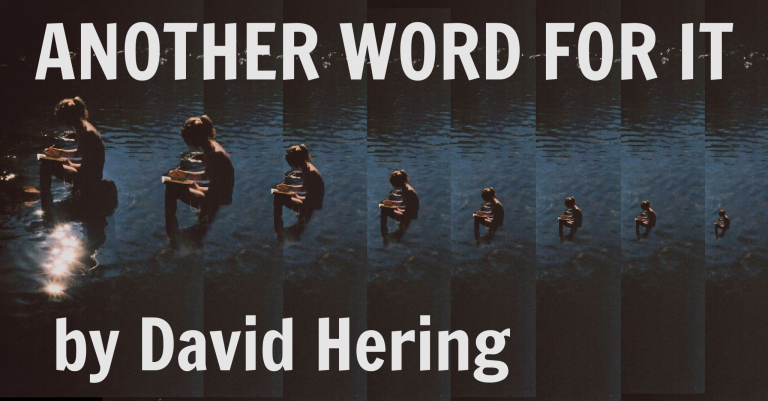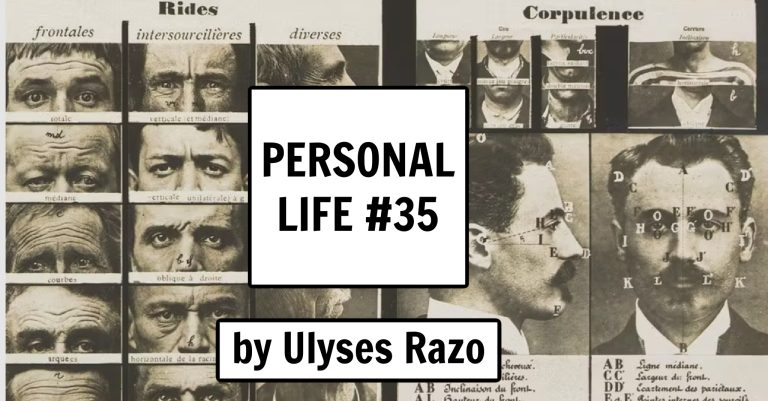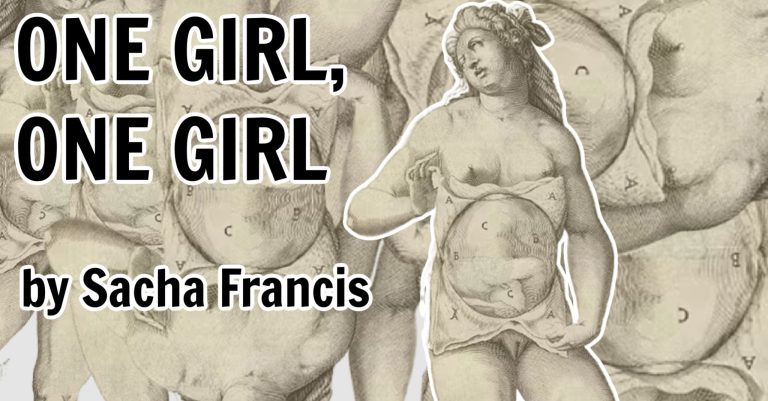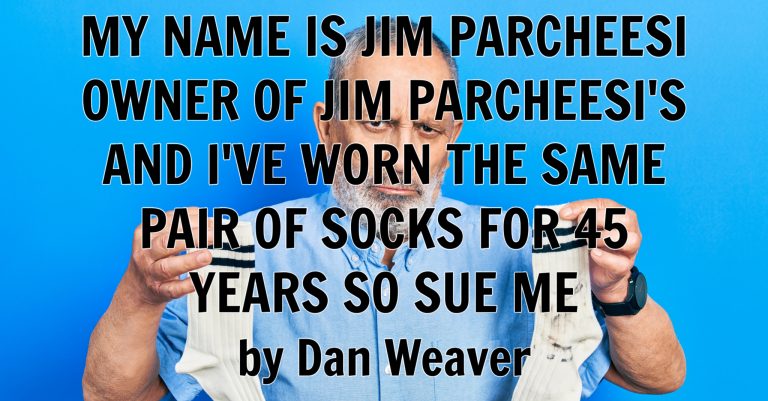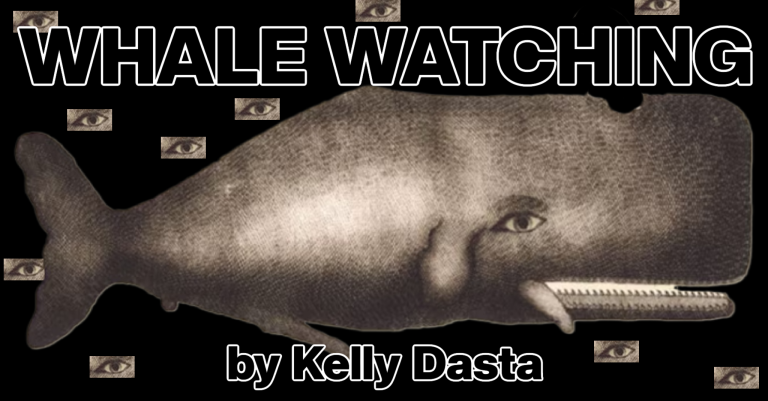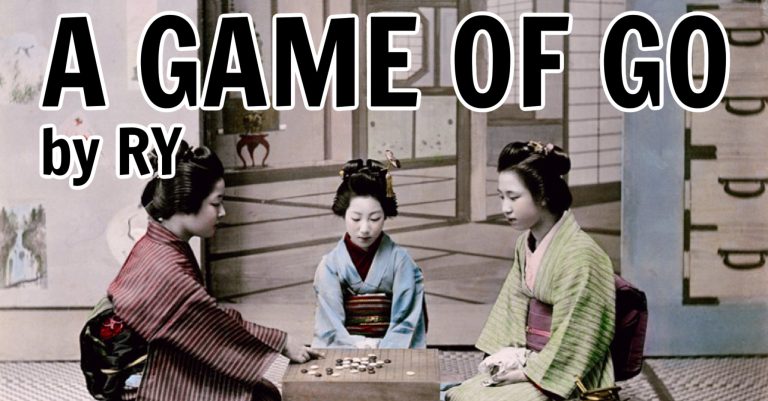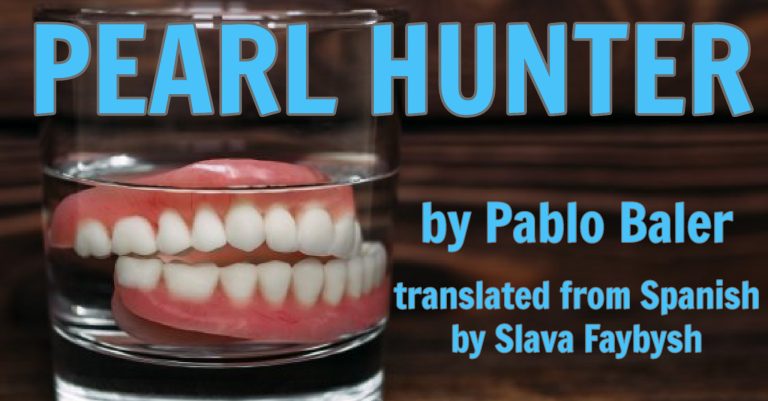
PARROT by László Darvasi, translated from Hungarian by Ági Bori
As was his habit, he lay down for an afternoon nap, although next door they were building a church. The sounds of drills, hammers, and other tools kept waking him up. He fumbled his way to the kitchen, drank two glasses of absinthe in quick little swigs, plopped back in the armchair, and stared at the ceiling. Up there, the light was moving back and forth, forming streaks and patches, devouring itself. They were puttering around next door, and he remembered that the foreman had once said to the workers that not all of them would live long enough to see the completion of the church. He was a slim and sinewy man; he smoked while he talked; he lit up a few cigarettes. He watched him from the balcony, then eventually he reached for a cigarette, too. The workers should remember, the foreman explained, that there are sanctuaries and churches whose construction lasted five hundred years. Think of the many churches in the world that are up and running, but they’ll never be finished. They’re not yet finished, but services are already taking place in them. The workers should remember that a church might never be truly finished. And when it is finished, does everyone get there in the end? No. Not everyone gets to the church they plan to go to. Because along the way they get lost, find another church, take a different path, get sick, die.The workers then began to ask questions.“Then why bother building it?”“I don’t know,” the foreman said. “They’re paying us, aren’t they?”They are. That’s true. If they weren’t paying, they would quit for sure. But because they’re paying them, they’re working. Then one of the workers asked a strange question:“Could a prayer be ever finished?!”“Perhaps if it’s genuinely heard,” the foreman replied, but he already regretted saying it.The man thought that once services were being held, he’d go over there to pray too, perhaps get down on his knees, and ask the Lord not to let the bird land on his windowsill anymore. Is that what he really wanted though? The window was open, and if he were to close the window panes, he’d suffocate. The heat was unbearable. At least with the window open, there was a small draft. He got up from the armchair, and looked back to see what kind of imprint his body left behind. He turned the radio on, and the scratchy sounds, emitted with each turn of the button, also sounded like a prayer. He listened to the news. Another catastrophic mine accident somewhere. The hot spell was here to stay. A protest was underway. The man turned the radio off. He drank another glass of absinthe, opened a can of beer, and watched the slowly disappearing brownish foam; by then, the bird was already standing on the windowsill. Truth be told, it usually dirtied it up and, once again, it pooped right there.The men below were puttering around.The bird was the town’s parrot, it flew from window to window, no one knew who its owner was, whose cage it escaped from. Someone might have let him go, shoo, fly away, we don’t want you anymore, bird. He thought it might have stayed around this area because of the construction of the church; maybe it was fascinated by the sounds of drills, chisels, hammers. The temperature was so high that the dripping sweat boiled on the temples. The city was suffocating, windows everywhere were wide open, as if they were human mouths. Large, hungry mouths, breathing in the heat and exhaling human vapor, the scent of dust falling from the leaves of indoor plants, the stale smell of furniture. The curtains, like souls ready to escape their imprisonment, swayed back and forth. The parrot was an exceptionally intelligent being.Its small colorful head tilted left and right, it listened, it eavesdropped. It picked up and learned the intimate whispers and shouts that circulated in each home, then it moved on. In the next home it repeated what it heard earlier. Sometimes the parrot told the man, stay with me.“Stay with me.”“Go away.”“You’re not enough.”“You’re too much.”The parrot whispered, be nice, be nice.“Let’s dance, darling.”The bird acted out how the church was being built. It imitated the drilling, the chiseling, the loud hammering, as though it were an echo. After a while it flew away, the man wiped off the yellow poop from the windowsill, and emptied another glass of absinthe down his gullet. He sat down, stared upward, and gave names to the cracks on the ceiling. He spotted a spider. He might have even dozed off. That’s when the doorbell rang. It was the foreman from the construction site, with a cigarette hanging from his mouth. His face looked tormented. They had exchanged a few words before, back when the construction started. He was now holding a bag in his hand, said hello, and asked to come in for a moment. He had something to say. The man nodded, of course, and stepped aside. The foreman accepted the glass of absinthe and lit up another cigarette. “This is how we pray,” he said “during work.” “We never get to the end of our work, but we pray regardless.”The bag was still in his hand.“I see,” the man nodded. “Did the parrot used to visit you, too?”“I never chased it away. Sometimes I might have even waited for it,” the man nodded.“Do you know what one of my workers said? He said that the bird is the voice of history.”“That might be a bit of an exaggeration,” the man said, and he poured another glass. They clinked their small, but thick glasses.“While we were working on our construction site,” the foreman said, “the bird kept repeating a woman’s name. In your voice. We couldn’t work because of it.”“You couldn’t work because of a name?”The foreman didn’t answer.“It was so ridiculous. The youngsters, the younger workers, they kept laughing,” he said as he wiped his forehead. “Don’t be angry with me, but it couldn’t go on any longer.”“I see,” the man nodded. “Don’t be angry with me, you all.”“Here you go,” the foreman said, and he slowly lowered the bag on the table. He chugged another glass of absinthe and left. He didn’t say goodbye. His steps echoed in the stairway, although during such heat waves stairway noises usually sound muffled. Blood seeped through the brown pastry bag. They must have caught it by hand, and then wrung its neck. The man placed the carcass on the windowsill, right where it pooped a few hours ago, and then, as had been his habit for some time, he began to talk to it.
Read More » 


